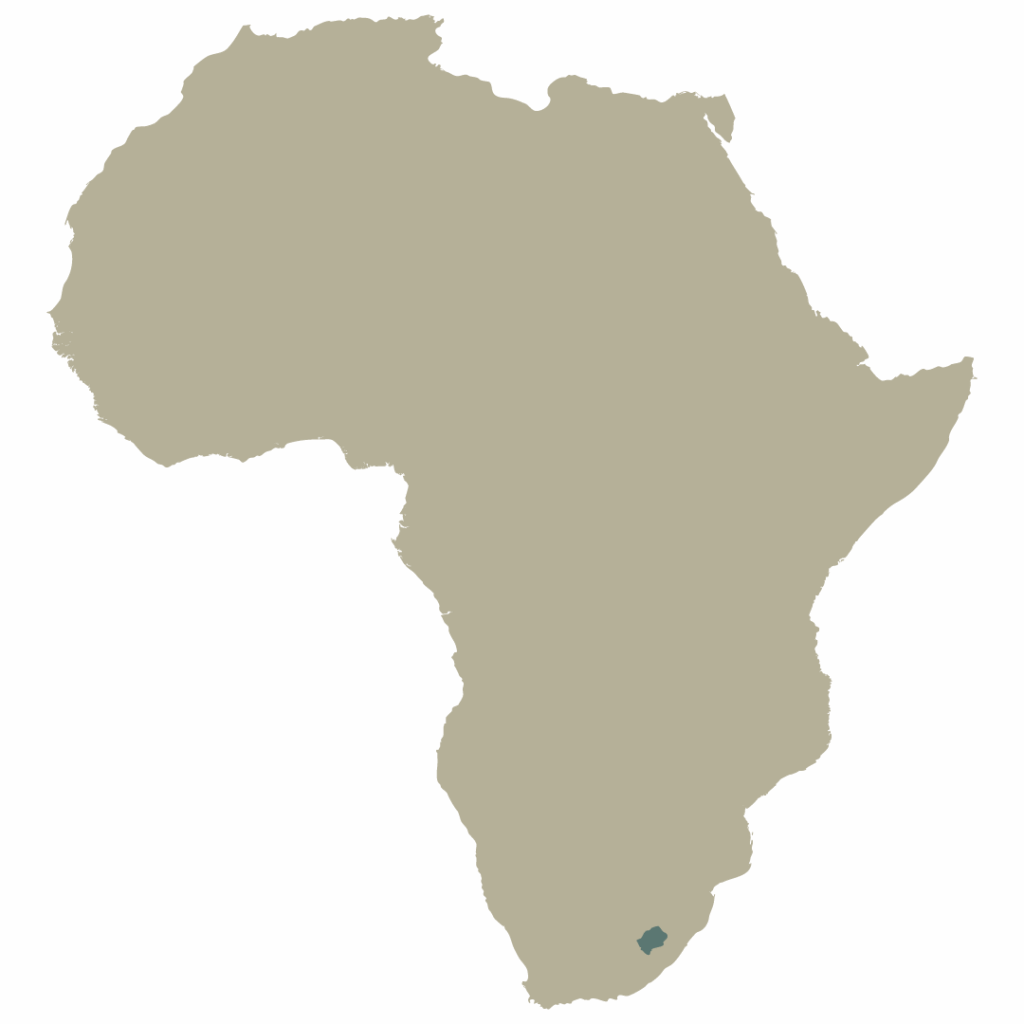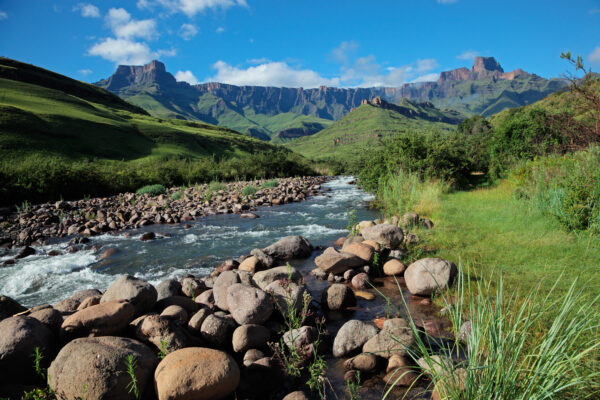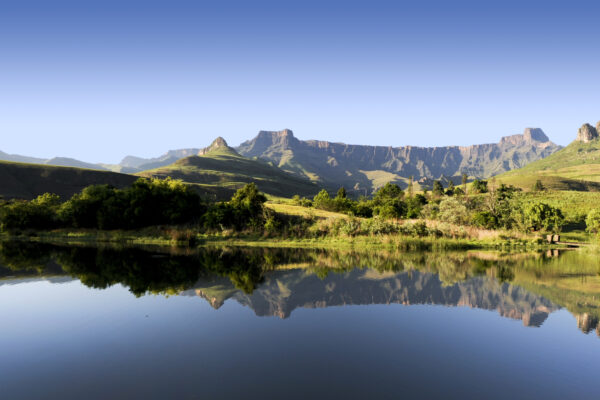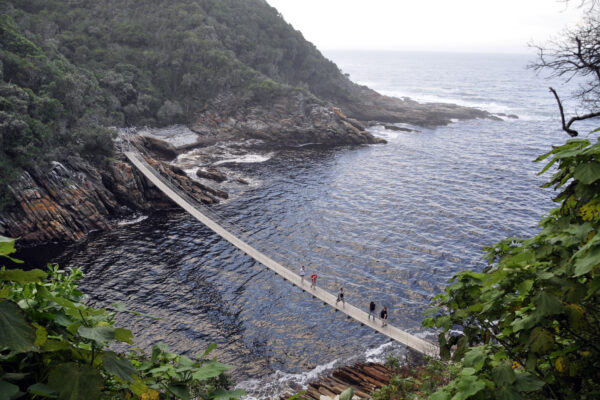Lesotho

Lesotho, the “Kingdom in the Sky,” is a highland escape where rugged peaks, clear rivers, and traditional Basotho culture meet. Perfect for hiking, pony trekking, and eco-tourism, it offers untouched beauty, warm hospitality, and a truly off-the-beaten-path African adventure.

Lesotho, often called the “Kingdom in the Sky,” is a breathtakingly beautiful, high-altitude country entirely surrounded by South Africa. Known for its dramatic mountain landscapes, cool climate, and warm-hearted people, Lesotho offers a unique and off-the-beaten-path experience for travellers seeking eco-tourism, adventure, and cultural immersion.
Nature & Eco-Tourism
Lesotho’s rugged terrain, with peaks rising over 3,000 metres, makes it a paradise for hiking, horseback riding, and mountain biking. Popular trails wind through Sehlabathebe and Ts’ehlanyane National Parks, both offering pristine wilderness, endemic flora, waterfalls, and rare bird species. Trekking through the Maloti Mountains, visitors can explore remote villages, ancient rock art, and stunning highland passes.
People & Culture
The Basotho people are proud of their traditions and heritage. Recognisable by their blanket cloaks and conical hats (mokorotlo), they maintain a strong sense of identity rooted in rural, communal life. Visitors can stay in community-run lodges and homestays, gaining insight into traditional customs, food, and daily life. These experiences support sustainable tourism and local livelihoods.
Conservation & Responsible Travel
Lesotho has made strides in community-led conservation, protecting key watersheds and grasslands while promoting low-impact travel. Projects across the highlands focus on preserving biodiversity, maintaining clean water sources, and empowering rural communities through tourism.
Our Lesotho Journeys
Lesotho Quick Facts
Electrical Plug
Population
Currency
Calling Code
Yes — most travellers from Europe, the USA, Canada, and Australia require a visa to enter Lesotho.
However, many nationalities are visa-exempt for stays of up to 14 or 30 days—check with the official Lesotho eVisa portal for up-to-date entry requirements.
If required, you can apply for a visa online or obtain one at select border posts.
Your passport must be valid for at least 6 months with two blank pages for entry and exit stamps.
A Yellow Fever certificate is only necessary if you’re arriving from or transiting through a Yellow Fever–endemic country.
There are no mandatory vaccines for travellers arriving from Europe or North America, but the following are strongly recommended:
Hepatitis A
Typhoid
Tetanus
Rabies (especially for those hiking, cycling, or visiting rural areas)
Malaria risk is low to none in Lesotho due to its high altitude, but consult your travel doctor for personalised advice.
Tap water in major towns is generally treated, but caution is advised.
In rural areas or when trekking, it’s safest to drink bottled, boiled, or filtered water.
Use bottled water for brushing teeth and avoid ice unless from a reliable source.
Yes — Wi-Fi is available in most hotels, lodges, and urban guesthouses, especially in Maseru and tourist hubs.
However, connectivity may be slow or unavailable in remote mountain areas.
Consider purchasing a local SIM card with data for more reliable access during your stay.
Visa and MasterCard are accepted at major hotels, lodges, and some restaurants, mainly in Maseru and larger towns.
That said, Lesotho remains a mostly cash-based economy, especially in rural areas.
The currency is the Lesotho Loti (LSL), pegged 1:1 with the South African Rand (ZAR) — both are widely accepted.
Carry cash for daily expenses and withdraw from ATMs in major towns when needed.
Yes — Lesotho has good mobile coverage in towns and many tourist areas.
Coverage may drop in remote mountainous regions.
You can buy a local SIM card from providers like Econet Telecom Lesotho or Vodacom Lesotho using your passport.
SIMs and data plans are affordable and ideal for staying connected. International roaming is available but often costly.



